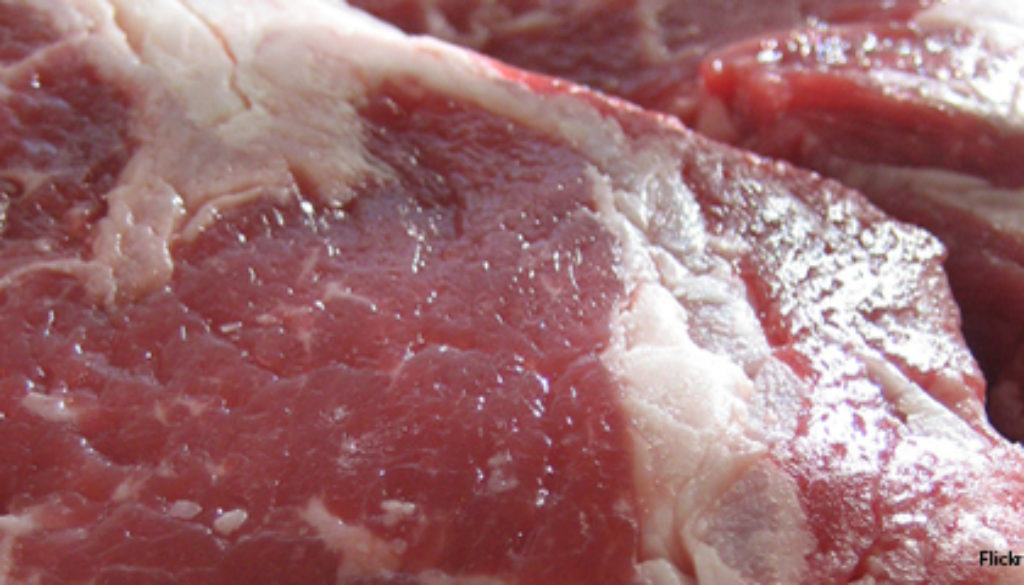White House Signals Change on Antibiotic Use in Meat and Poultry Production; Meat and Pharmaceutical Industries Throw a Tantrum
By Avinash Kar, Natural Resources Defense Council
The meat and poultry industry and the animal pharmaceutical companies are objecting to the White House’s recent decision to have the Presidential Food Service serve only “meat and poultry that have not been treated with hormones or antibiotics,” and have even asked for a repeal of this commitment.
The widespread use of antibiotics in the feed and water of animals at low doses is contributing to a growing crisis of antibiotic resistance, which is reducing and threatening the efficacy of these essential medicines. In the US, 70% of the sales of antibiotics that have analogues in human medicine are for use in animals. Thus, reducing overuse and misuse in meat and poultry production is important, just as it is in human medicine.
The White House’s action on the Presidential Food Service’s meat selection sends a strong signal that the current use of antibiotics in meat and poultry production must change–it points to a future where animals raised for meat are not routinely fed antibiotics (it has nothing to do with antibiotics being directly added to the meat as the industry suggests). Why such a ruckus over this signal when the much more broadly applicable federal procurement policy for meat, announced concurrently, doesn’t go nearly so far?
The federal procurement policy largely maintains the status quo. Public health groups, including NRDC, have long pointed out that FDA’s guidance–which the federal procurement policy follows–allows most everyday ongoing use of antibiotics to continue by removing one justification for the use but leaving other justifications in place. So, now meat producers can’t use the antibiotics to speed up animal growth, but they can continue to use the antibiotics to make up for poor conditions or practices that increase disease risk. The fix need not go so far as to stop all antibiotic use in meat and poultry production. We support the use of antibiotics to treat sick animals and to control disease outbreaks, but currently such meat is not easily identifiable or available in the market. “Organic” or various “No antibiotics” labels are the options that are available to the consumer (and to the White House). Note that the “organic” standard requires that animals be treated if they are sick, although meat from an animal treated with antibiotics can not then be sold as “organic.”
Yet, the meat and pharmaceutical companies are still complaining, which is strange given the progress that many in the industry have already made. Several leading producers in the US have committed to eliminating the routine use of medically important antibiotics, and in countries that are leaders on this issue–such as Denmark, which produces as many pigs as Iowa–routine prevention uses have long been discontinued. However, as a collective, instead of following these positive forward-looking examples, the meat, poultry, and animal pharmaceutical industries seem intent on looking to the past.

